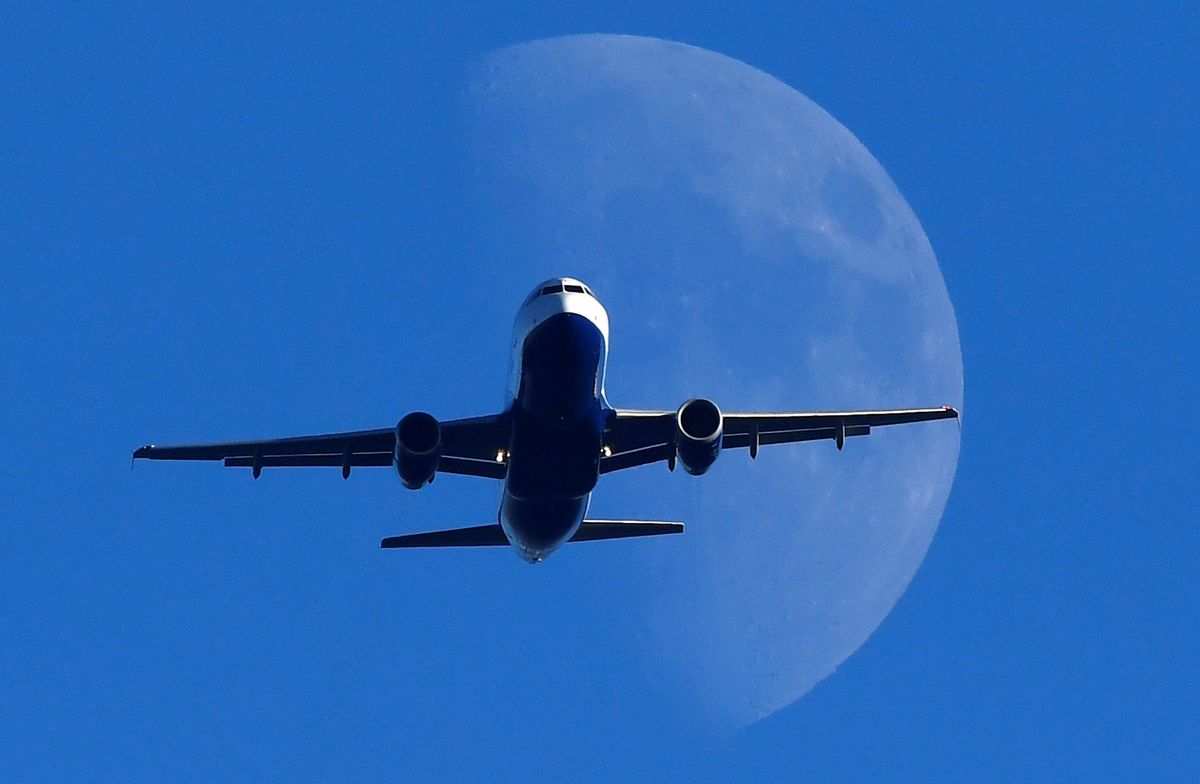Airlines plan to go net zero by 2050

A few minutes every morning is all you need.
Stay up to date on the world's Headlines and Human Stories. It's fun, it's factual, it's fluff-free.
In 2015, when world leaders gathered in Paris to come up with a climate agreement, the accord they walked out with left out two big industries from their emissions goals – aviation and shipping. This is a problem since airlines produce at least 2.5% of global emissions, and experts say that the effects of airline emissions are even more harmful than just regular carbon emissions.
At a meeting in Montreal, though, the International Civil Aviation Organization (ICAO) passed a plan unanimously that will supposedly set airlines on track to reach net zero status by 2050. But there are mixed feelings about that.
See, the ICAO is going to use a scheme called CORSIA, which basically means that companies start paying for carbon offsets if carbon emissions go over a certain threshold. There was some haggling over where that threshold would be since they planned to use the 2020 numbers, except then came along this little viral pandemic, and that messed up the travel industry numbers. They ended up going with 85% of 2019 carbon emissions.
Officials in the US were happy about the deal, with the US Secretary of Transportation Pete Buttigieg calling the agreement “is an important step forward," and US Climate Envoy John Kerry saying he was “thrilled" to see the ICAO commit to “a sustainable future with a long term climate goal."
But climate activists say the deal isn’t enough. According to Jo Dardenne from Transport & Environment, a campaign group, “The only way we’re going to solve it is to stop burning kerosene. The way that you stop burning kerosene is by pricing kerosene more effectively and investing in alternative solutions."
See, the problem is that there are more pollutants planes spit out than CO2, so claiming to go carbon neutral doesn’t really solve those problems, even if it mitigates the CO2 part.
In other words, this deal is a step forward, but maybe only a small one.




Comments ()